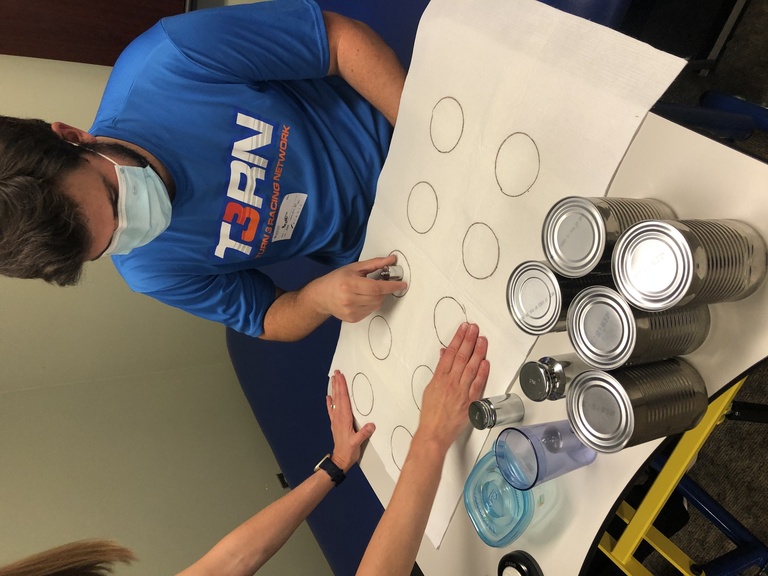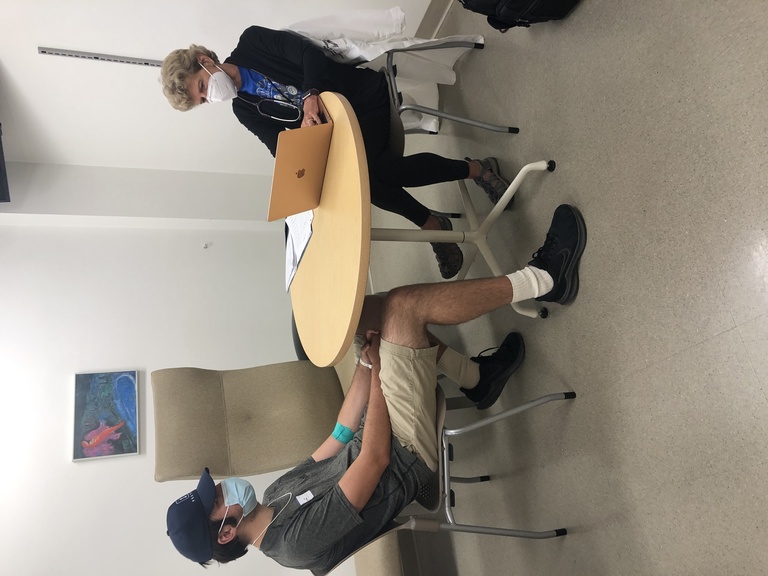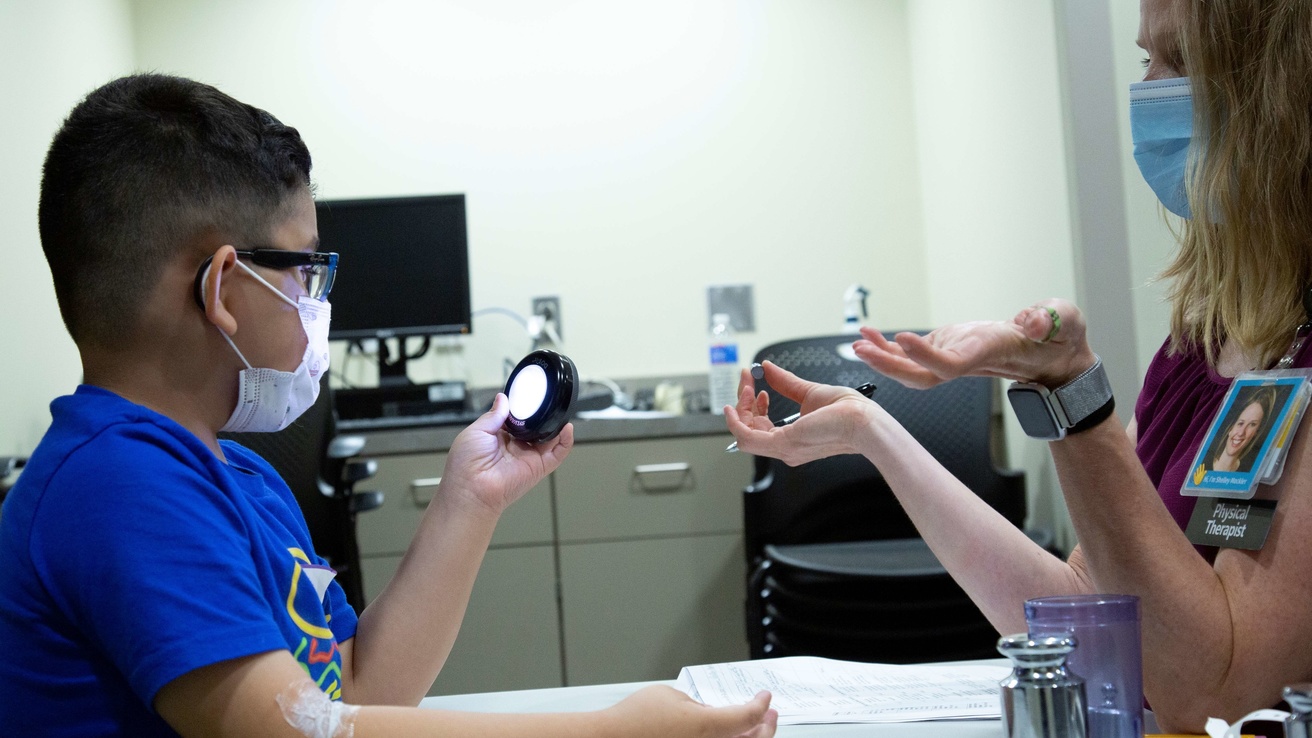Main navigation
Project 2: Determine the Natural History of Dystroglycanopathies to Optimize Clinical Care and Inform Clinical-Trial Design
Project Lead: Dr. Katherine Mathews
Dr. Mathews is identifying and characterizing dystroglycanopathy patients, using established and evolving clinical measures, with the overall objective of optimizing clinical care and informing and enhancing clinical trial design.
The overall goal of this project is to improve care of patients with dystroglycanopathies. At present, there is no specific treatment for these patients and management is largely symptomatic although treatment trials have started for the most common subset of the dystroglycanopathies (LGMDR9, also known as LGMD2I). This project moves toward improved care through extending current knowledge about disease manifestations and variables that impact progression through a natural history study; optimizing clinical outcome measures required for clinical trials; and identifying and validating biomarkers responsive to disease stage and progression using state-of-the-art detection methods. Specifically, this will be accomplished by extending current work in FKRP-related dystroglycanopathy that follows a unique cohort of patients with ages ranging from early childhood through late adulthood with a range of FKRP mutations. Dystroglycanopathy patients with mutations in genes other than FKRP, genotypes that are quite rare, will also be studied to identify cohorts that share similar rates of motor progression who might be studied together in gene non-specific clinical trials. Blood and urine samples will continue to be collected and utilized for biomarker research. Candidate protein biomarkers identified in previous studies of patients with FKRP mutations will be validated in a separate set of patient samples to determine if any of them change in concert with disease progression. New studies to detect very low abundance proteins will produce novel candidates for validation. As a result of the work in this project, patients with a dystroglycanopathy will receive better clinical care now and in the future, as we use the data collected to design trials that test novel interventions.



